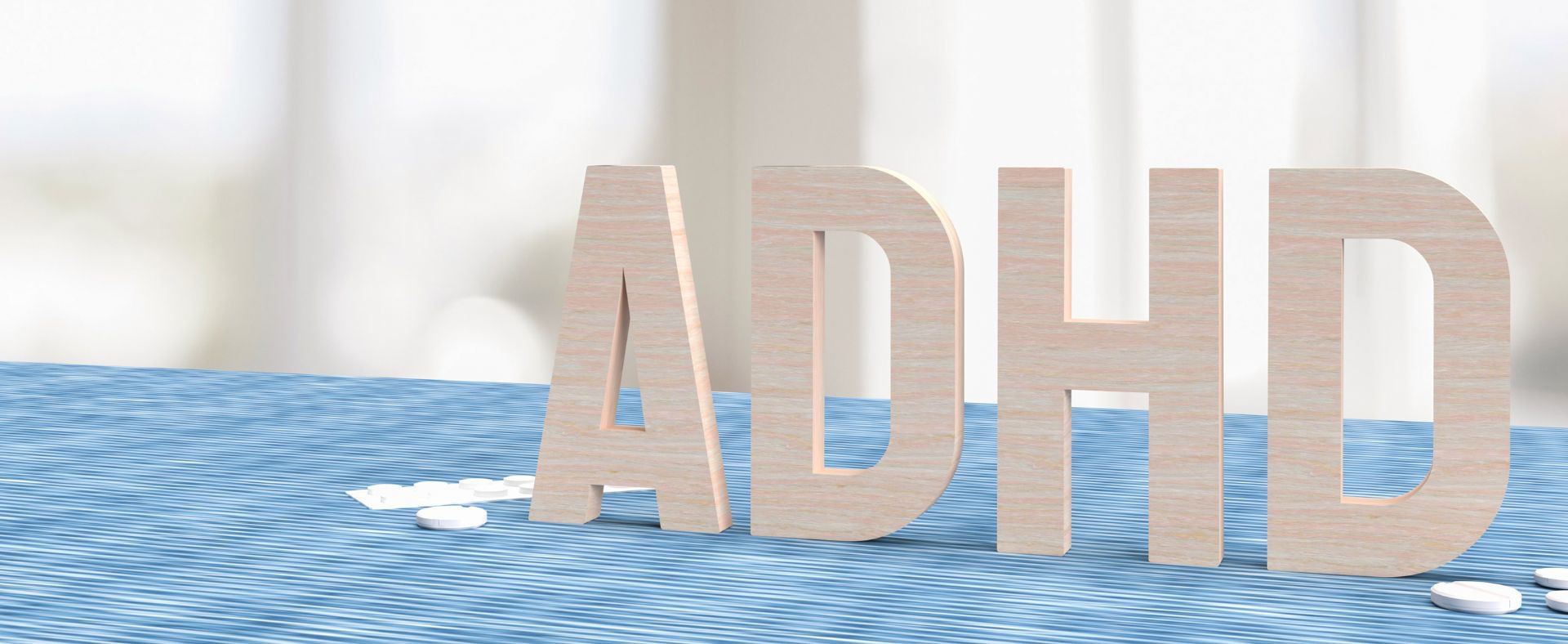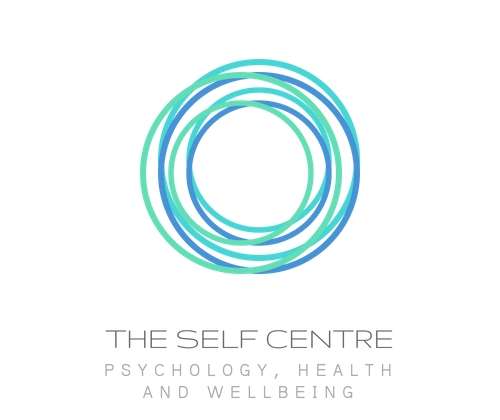
ADHD in Adults: Understanding, Identifying, and Seeking Support
By Lyndsay Babcock
Principal Psychologist and Director at
The Self Centre
Attention Deficit Hyperactivity Disorder (ADHD) is often associated with childhood, but for many, it continues into adulthood, sometimes without ever being diagnosed. Adult ADHD presents itself differently, and recognising it can be transformative. If you’re wondering whether ADHD might be affecting you, this article will guide you through understanding its signs, how it impacts daily life, and how psychologists at The Self Centre support our clients with ADHD.
What is Adult ADHD?
ADHD is a neurodevelopmental condition that influences how people focus, control impulses, and manage daily tasks. The symptoms in adults are often subtler than in children, making it harder to identify. Research indicates that differences in the brain’s dopamine system—responsible for motivation and reward—underlie ADHD. This means that tasks others might handle with ease can feel overwhelming to someone with ADHD, often leading to frustration and feelings of inadequacy.
You Are Not Alone
If you’ve ever felt scattered, disorganised, or like you’re underperforming despite trying hard, ADHD may be at the root. Many adults with ADHD have lived under labels such as “lazy” or “unreliable,” which can deeply impact self-esteem. However, these labels don’t define you. ADHD is a difference in how the brain works, and with proper understanding and support, it’s entirely possible to thrive. For cost effective resources, courses, and information on mental health related topics, visit our Learning Hub.
Common Signs of ADHD in Adults
Recognising ADHD as an adult can be tricky since its symptoms often overlap with everyday stress. However, if these signs feel familiar, it might be worth exploring further:
Difficulty Focusing: You might find it hard to stay on task, especially with monotonous or repetitive activities. Zoning out in meetings, needing frequent breaks, or jumping between tasks could be signs.
Hyperfocus: Paradoxically, many with ADHD experience periods of intense focus on activities they enjoy, to the point of losing track of time and neglecting other tasks.
Disorganisation: Constantly losing things, forgetting appointments, or feeling like your life is in chaos can be indicators of ADHD. Managing daily responsibilities might feel overwhelming.
Procrastination and Time Management Issues: ADHD often leads to procrastination, not from laziness but from feeling like tasks are too daunting. You might also lose track of time, missing deadlines or leaving things unfinished.
Impulsivity: This may show up as interrupting others, making quick decisions without considering consequences, or even struggling with impulsive spending.
Restlessness: Although physical hyperactivity decreases in adults, an internal sense of restlessness may persist, making it difficult to relax or stay still for long periods.
Emotional Regulation: Struggling to manage emotions, such as experiencing frequent mood swings, frustration, or irritability, is common in adults with ADHD. This can affect personal relationships and contribute to guilt or shame.
How is ADHD Diagnosed?
If these signs resonate, seeking a professional evaluation can be an important step. ADHD diagnosis typically involves interviews, questionnaires, and looking at your personal history. It’s vital to work with a neurodiversity-affirming clinician who views ADHD as a difference, not a deficit. Diagnosis can bring validation and open doors to effective support options.
Common Myths about ADHD
It’s essential to understand what ADHD isn’t. It’s not simply a case of being hyperactive or distracted, nor is it about being lazy or incapable. Many highly successful adults have ADHD and have learned to channel their unique strengths. ADHD is not an excuse for poor behaviour either—it’s a condition that can make everyday life more challenging when left unmanaged. Understanding your brain’s wiring can help you find solutions that work for you.
How Psychologists Can Support Clients with ADHD
At The Self Centre, we support our clients with ADHD through several approaches:
Cognitive Behavioural Therapy (CBT): This therapy can help manage procrastination, improve focus, and teach emotional regulation strategies. It’s particularly effective in building practical coping skills for daily life.
Executive Function Coaching: Many adults with ADHD struggle with organisation and planning. We assist clients in developing routines, setting realistic goals, and using tools like reminders or digital planners to stay on track.
Mindfulness and Emotional Regulation: ADHD often makes emotional regulation difficult. We teach mindfulness techniques, such as deep breathing or grounding exercises, to help manage intense feelings and reduce impulsivity.
Self-Compassion Development: Living undiagnosed with ADHD often leads to feelings of shame or inadequacy. We help clients reframe negative self-perceptions and focus on strengths rather than deficits.
Psychoeducation and Advocacy: Understanding how ADHD affects your brain can be empowering. We provide education about ADHD and help clients advocate for their needs at work or in personal relationships.
Next Steps: How to Get Support
If you recognise yourself in the symptoms described and believe you might benefit from support, here’s how you can take the next steps:
Contact Us: Reach out to The Self Centre to discuss your concerns and explore how our services might be able to assist you. You can contact us via phone or email, or use the contact form on our website to get in touch.
Schedule an Appointment: Book a consultation with one of our neurodiversity-affirming psychologists. We offer both in-person and online appointments to accommodate your needs.
Explore Resources: Visit our Learning Hub for valuable and cost effective resources, courses, and information on mental health related topics. Our hub provides insights and strategies that may help you better understand and manage your symptoms.
Initial Assessment: During your appointment, we will conduct an assessment to understand your symptoms and develop a personalised plan to support you.
Ongoing Support: Engage in therapy, coaching, or other support services tailored to your needs. Our goal is to help you develop effective strategies for managing ADHD and enhancing your quality of life.
Living Well with ADHD
Managing ADHD doesn’t mean changing who you are. It means learning what strategies and tools work best for your brain. This might include therapy, coaching, or even medication to manage symptoms. Mindfulness, structured routines, and developing self-compassion are all powerful ways to help you live in alignment with your strengths.
ADHD is a lifelong condition, but it doesn’t have to define your life. By understanding your unique brain and seeking support, you can thrive in a way that works for you. If you’re interested in learning more about how we can support you, please get in touch with us at The Self Centre or explore resources and courses in our Learning Hub.
